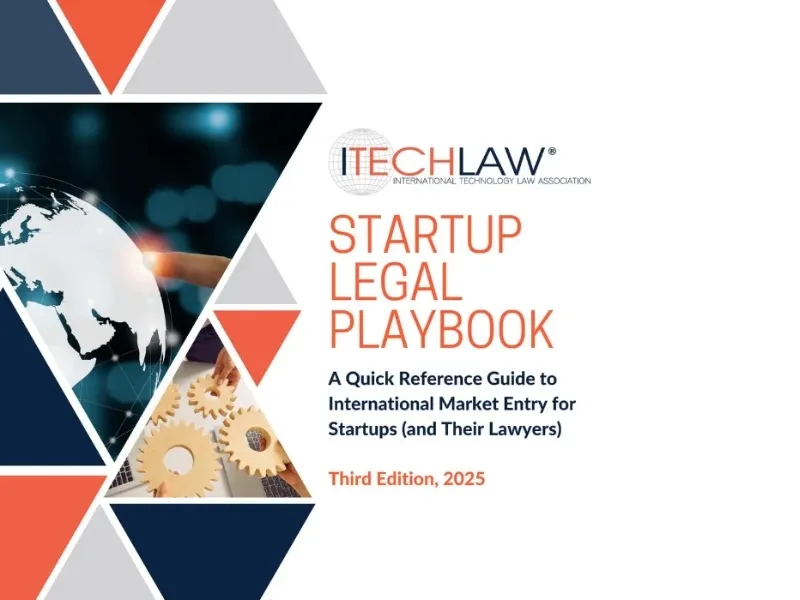Key takeaways of China’s New Company Law (Part 2): Changes to the Public information obligations and Shareholders Rights and Protections
Introduction
In this three-part update, we provide key takeaways and insights regarding China’s New Company Law. Part 3 will follow covering Changes to the Companies’ Corporate Governance and Deregistration. You can also read part 1 here.

Public Information Disclosure
Another relevant point introduced by the 2023 Company Law relates to further obligations with regards to the mandatory disclosure of company information to the public. From July 2024, an LLC has to truthfully and accurately disclose certain company information - including the amount of capital subscribed and paid up by shareholders, form and date of capital contributions, any changes to the equity of shareholders of LLCs - subject to, in case of serious violation, to the possibility of penalty ranging from RMB 10,000 to RMB 200,000 (articles 40 and 251).
Shareholders Rights and Protections
Shareholders’ Information Rights
Under the 2023 Company Law, the information rights of the shareholders have been extended to the checking and copying of corporate documents of a wholly-owned subsidiary, which has greatly strengthened the protection on shareholders by enabling more comprehensive information on company’s operation.
In addition, the 2023 Company Law further allows shareholders of an LLC (this rule does not apply to JSC) to entrust accounting firms, law firms, and other intermediaries to exercise such information rights on their behalf (articles 57 and 110).
Extension of Shareholders Derivative Actions Right and right to file lawsuits in wholly-owned Subsidiaries
In a new clause added to article 189 of the 2023 Company Law, it has also further extended a shareholder’s derivative actions right against any director, supervisor, senior management or other third party who is liable to pay compensation to company’s wholly-owned subsidiary.
This is to say that, the shareholder may now request in writing the board of supervisors or the board of directors of the company’s wholly-owned subsidiary to lodge an action in the people’s court, or the shareholder may also directly lodge a lawsuit in the people's court on its own behalf under the aforementioned circumstances where the board of supervisors or the board of directors of the company’s wholly-owned subsidiary does not act or refuses to act (Article 189).
Disregard of corporate personality
While the current version of the Company Law already has a provision related to the disregard of corporate personality, the 2023 Company Law adds that where a shareholder uses two or more companies under their control to evade debts and damage creditors’ rights, by abusing the independent legal personality of such companies and the limited liability of shareholders, each of such companies shall have joint and several liability for the debts of each other company. This is the so-called horizontal disregard of corporate personality. This change in what is also known as “piercing the corporate veil”, is expected to further protect the creditors and safeguard a fair business environment.
Equity buybacks
Apart from the right of shareholders of an LLC who cast an opposing vote in the shareholders’ meeting to request the company to repurchase their stock rights at a reasonable price, under certain circumstances, the 2023 Company Law now further allows any shareholder to request the company to repurchase its stock rights in the case of any controlling shareholder of the company abuses the rights of shareholders and seriously jeopardizes the interests of the company or other shareholders (Article 89).
The above amendments have now enhanced the protection of the interests of small and medium-sized shareholders, not only as a proactive relief to enable such shareholders to quit the company and stop the damage in a timely manner, but also, serves as a tool for balancing the powers of shareholders, to the extent that prevents the controlling shareholders of abusing their rights arbitrarily.
DISCLAIMER:
The content of this alert is for information purposes only and does not constitute legal advice or legal reliance in any continuing sense. Should you have any inquiries, please feel free to contact us.




